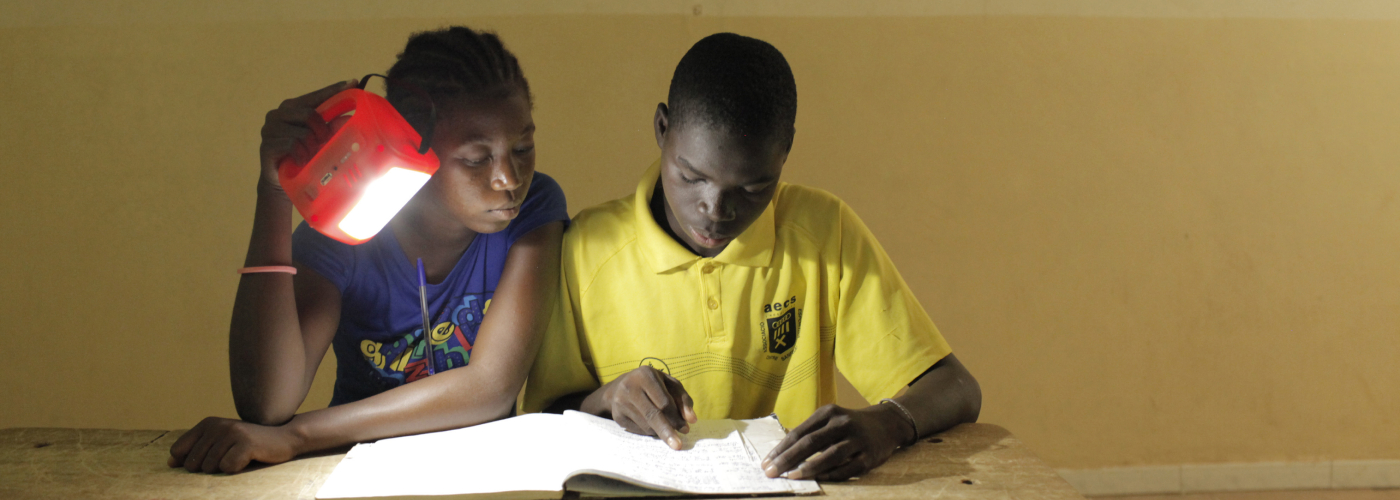Cleaner fuels, improved efficiency and adoption of renewable energy technologies offer important possibilities for low-carbon economic development and reductions in overall greenhouse gas emissions. These possibilities are especially important for women in developing countries who currently play critical roles in supplying and managing traditional biomass fuels. The UN’s Sustainable Energy for All initiative is highlighting the importance of universal energy access, and mobilizing strategically targeted public and private investments. At the same time, climate-related financing holds significant promise for promoting greater access to energy in under-served areas in developing countries – thereby also supporting economic and social empowerment of women – particularly if funding mechanisms such as the Climate Investment Funds and the new Green Climate Fund effectively support the engagement and participation of women.
As a member of the Sustainable Energy for All Practitioners Network, as well as the Global Gender and Climate Alliance, ENERGIA is providing guidance on how to achieve gender balance and equality in the context of sustainable energy and climate change mitigation. This paper outlines practical information about gender-aware policies, procedures, and tools that can make energy and climate change mitigation activities and investments more successful and effective – and provide greater benefits for both men and women. It also presents some brief descriptions of successful gender mainstreaming activities in the energy sector.







